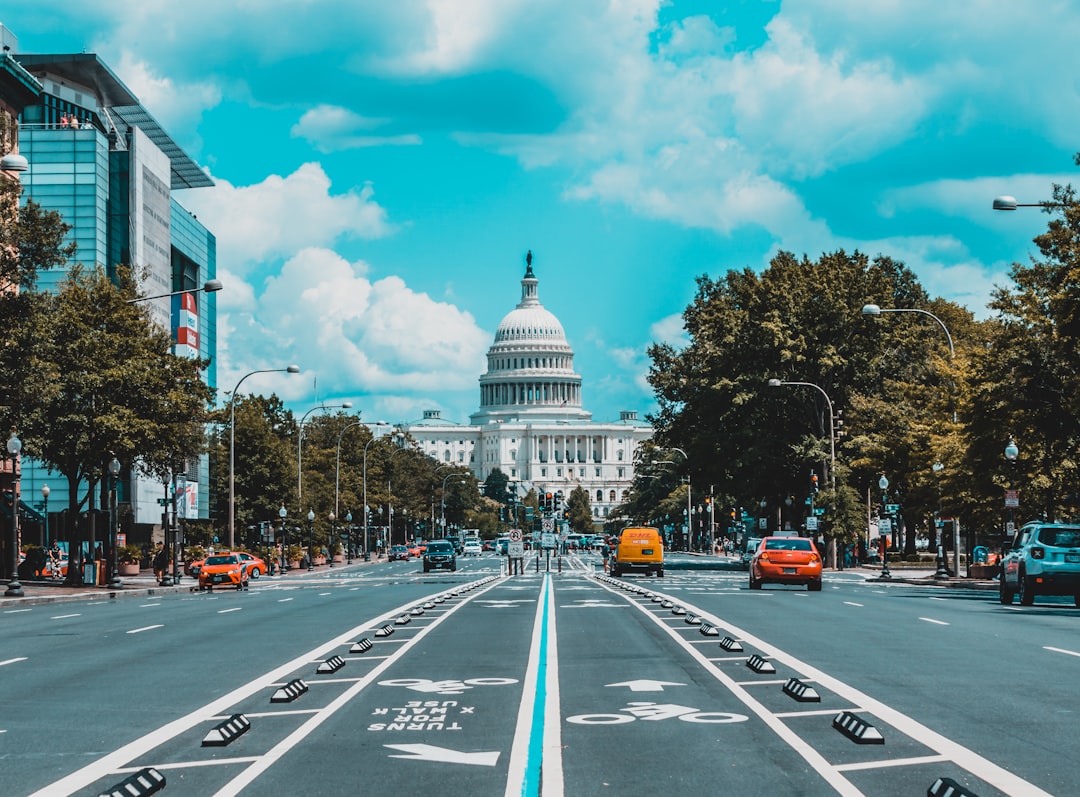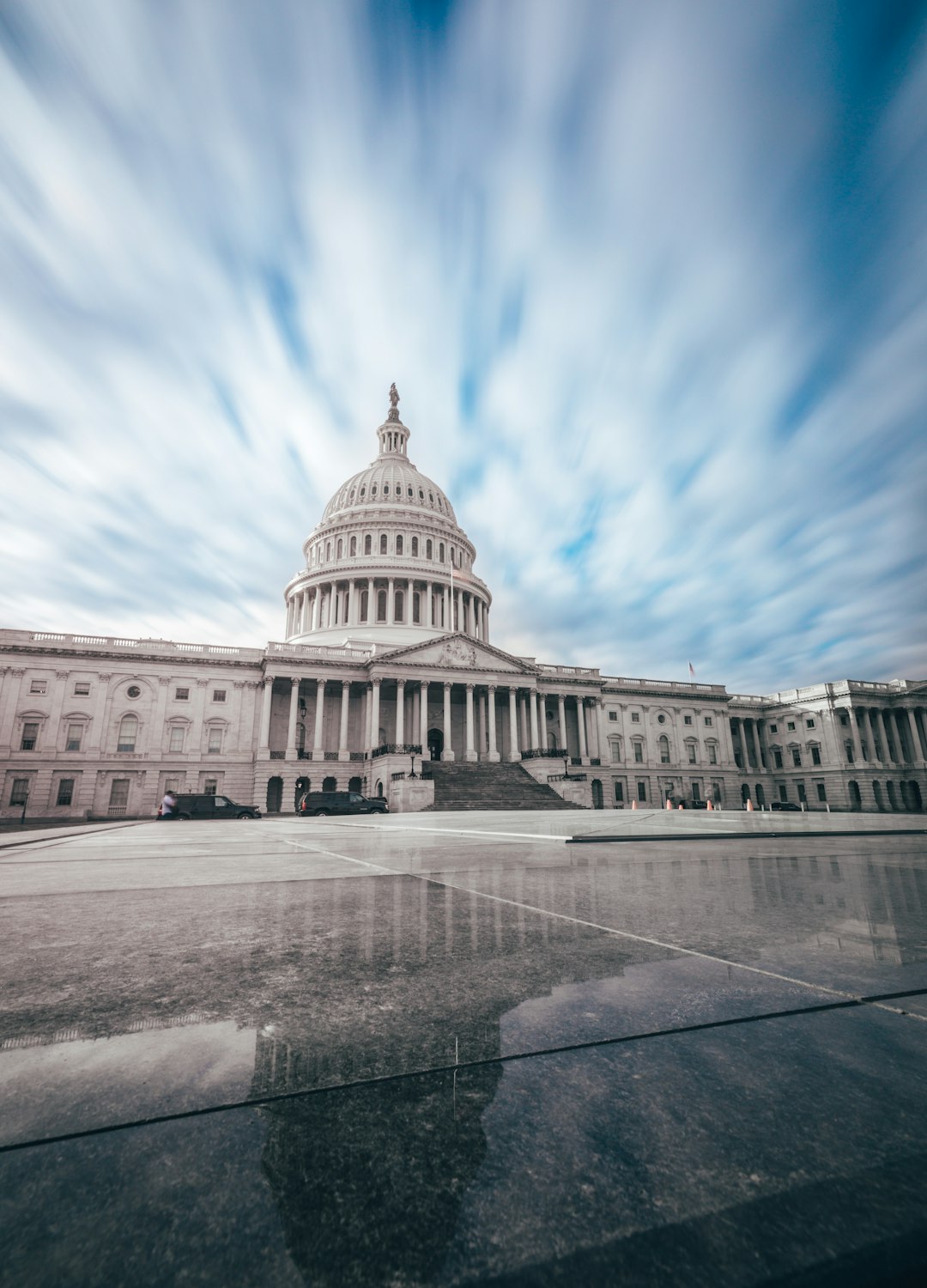International treaties, like the UN's CEDAW and Council of Europe Convention, significantly impact local rape laws, including those in Spokane, Washington. These agreements set global human rights standards for gender equality and protection against violence, influencing state legislation through stricter definitions, enhanced evidence collection practices, and improved survivor rights. Rape lawyers in Washington must navigate both domestic and international law, ensuring due process, consent, and victim rights protection while staying updated on relevant legal precedents from international bodies.
“International treaties, while often focused on global cooperation, can have profound impacts on local laws, particularly in areas like criminal justice. This article explores how international agreements influence sexual assault legislation, using Spokane, Washington as a case study. We delve into the city’s background with local rape laws and analyze the role of international treaties in shaping these norms. Additionally, we examine real-world examples and consider the legal implications for rape lawyers in Washington State, offering insights into this evolving field.”
Understanding International Treaties and Their Territorial Application

International treaties, binding agreements between nations, can significantly influence domestic laws, including those related to sensitive issues like rape. When discussing the impact on Spokane, Washington’s rape laws, it’s crucial to understand how these international pacts operate and their territorial reach. These treaties often set global standards for human rights, which individual countries are expected to adopt and implement internally.
In the context of rape, international treaties may establish protocols for investigating and prosecuting sexual assault, protect the rights of survivors, and promote consistency in legal definitions. However, determining how these agreements translate into local laws, especially in a state like Washington, requires careful analysis. A rape lawyer in Washington would be well-versed in navigating both state and international legal frameworks to ensure justice for victims.
Spokane, Washington: A Background on Local Rape Laws

Spokane, located in Eastern Washington, has seen significant legal evolution regarding sexual assault cases, particularly through its interaction with international treaties. While state laws generally govern criminal matters, Spokane’s rape laws have been influenced by global agreements focusing on human rights and gender equality. This influence is evident in the city’s approach to prosecuting sexual offenses, ensuring a more comprehensive and victim-centric legal framework.
Local rape laws in Spokane are characterized by a strong emphasis on support for survivors and stringent penalties for perpetrators. A rape lawyer in Washington, specializing in these cases, would highlight how international treaties have contributed to expanded definitions of rape, improved evidence collection protocols, and enhanced survivor rights within the legal system. These changes reflect a global consensus on the severity of sexual violence and Spokane’s commitment to aligning its laws with international standards, providing more effective justice for victims.
The Role of International Agreements in Shaping Criminal Justice

International agreements play a significant role in shaping criminal justice systems across the globe, including in states like Washington where legal experts, such as experienced rape lawyers in Washington, must navigate complex legal landscapes. These agreements set standards and guidelines that countries voluntarily agree to adhere to, often with far-reaching implications for domestic laws and policies.
In the context of sexual assault cases, international treaties can influence the interpretation and enforcement of local rape laws. For instance, the United Nations’ Convention on the Elimination of All Forms of Discrimination Against Women (CEDAW) has been pivotal in promoting gender equality and protection against gender-based violence, including rape. As a result, many countries have amended their legal frameworks to align with these international standards, ensuring more comprehensive and victim-centric approaches to criminal justice, particularly for survivors of sexual assault.
Case Studies: How International Treaties Have Influenced Sexual Assault Legislation

International treaties have played a significant role in shaping sexual assault legislation worldwide, and these legal frameworks have had a profound impact on local laws, including those in Spokane, Washington. Case studies from various countries illustrate how international agreements have led to stricter rape laws and enhanced protections for victims. For instance, the Council of Europe’s Convention on preventing and combating violence against women and domestic violence has influenced many European nations to strengthen their sexual assault statutes.
In North America, initiatives like the Convention on the Elimination of All Forms of Discrimination Against Women (CEDAW) have prompted countries to reevaluate and improve their laws. This has resulted in more comprehensive definitions of rape, stricter sentencing guidelines, and enhanced support services for survivors. For a rape lawyer in Washington, these international treaties provide valuable insights into global trends and best practices, which can inform advocacy efforts and legal strategies to further protect victims and hold perpetrators accountable.
Legal Implications for Rape Lawyers in Washington State

In Washington State, rape lawyers face unique challenges due to the intricate interplay between state laws and international treaties. The legal framework governing sexual assault cases is significantly influenced by agreements like the Convention on the Elimination of All Forms of Discrimination Against Women (CEDAW). These treaties mandate that states party take measures to end violence against women, including sexual offenses. As a result, rape lawyers must be adept at navigating both local statutes and international obligations, ensuring their arguments align with these broader standards.
The implications for practice include a heightened focus on due process, consent, and the protection of victims’ rights. Lawyers must stay abreast of evolving legal precedents set by international bodies, which can shape how rape cases are prosecuted and defended. This dynamic environment requires rape lawyers in Washington to be strategic in their approach, employing innovative legal strategies while adhering to the spirit and letter of both state and international law.






